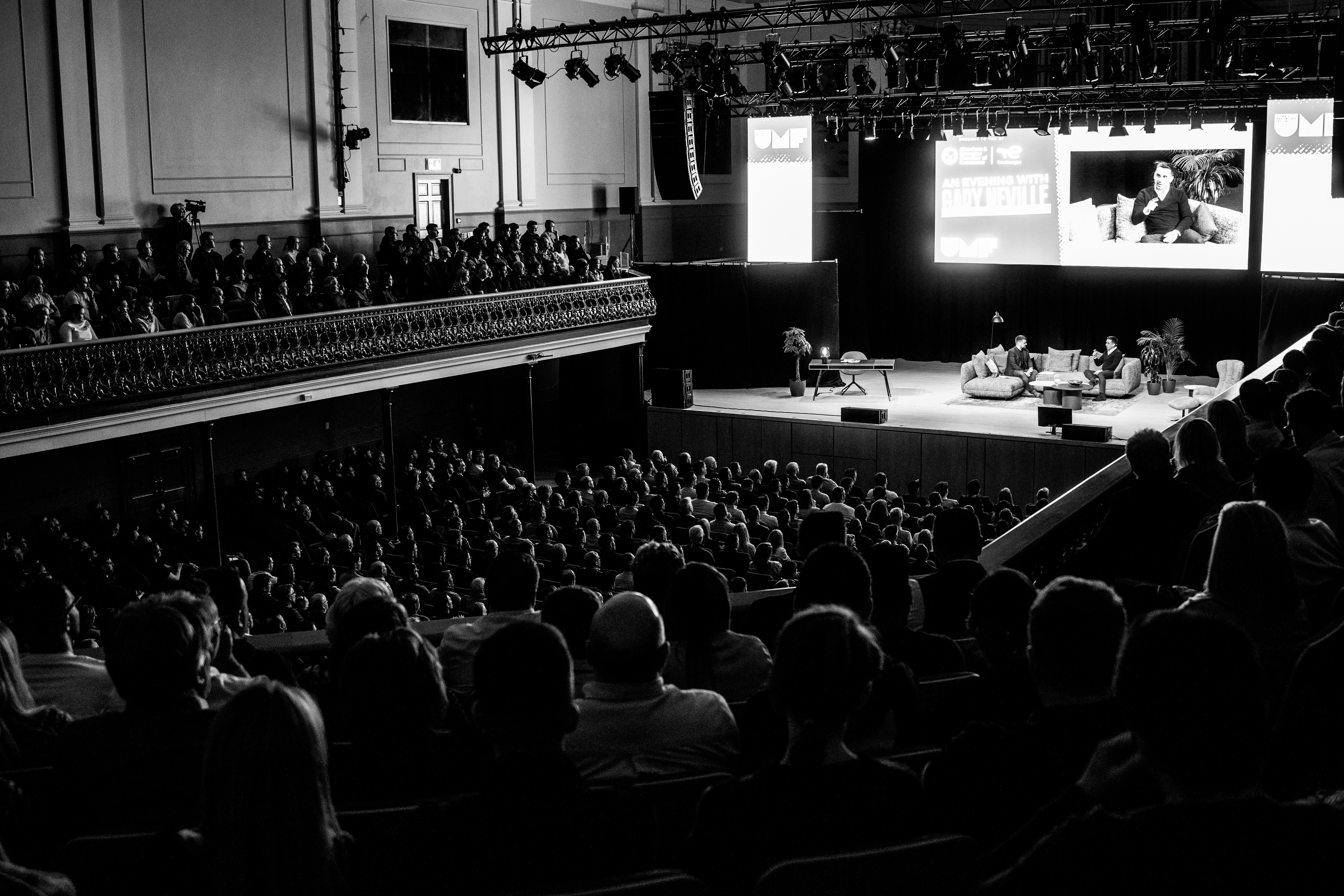Engage your audience with exclusive content.
We bring together innovative designers, pixel perfect developers and data driven strategists to create a boutique experience at enterprise scale.
True North Advisors is home to leading experts from the worlds of marketing, media and politics. Together, we deliver impactful strategies, campaigns and advice to help our clients succeed.
We are advocates for business.
True North is a leading public affairs, communication and strategic marketing agency based in Aberdeen, Edinburgh and London.
We work with businesses of all sizes, from challenger brands looking to make their mark through to multiple FTSE 100 companies supporting tens of thousands of jobs across our economy.















True North’s advisors are the best in the business.
True North is home to some of Scotland’s most experienced and connected communicators; a team which can deliver impactful messaging to elevate your reputation and help your business succeed.
True North’s advisors are the best in the business.
True North is home to some of Scotland’s most experienced and connected communicators; a team which can deliver impactful messaging to elevate your reputation and help your business succeed.







Featured projects.
View some of the impactful strategies and campaigns that we have delivered to help our clients succeed.
Let's make change happen
If you'd like to find out more about how we can help you and your business, drop us a message below and we'll get back in touch.
